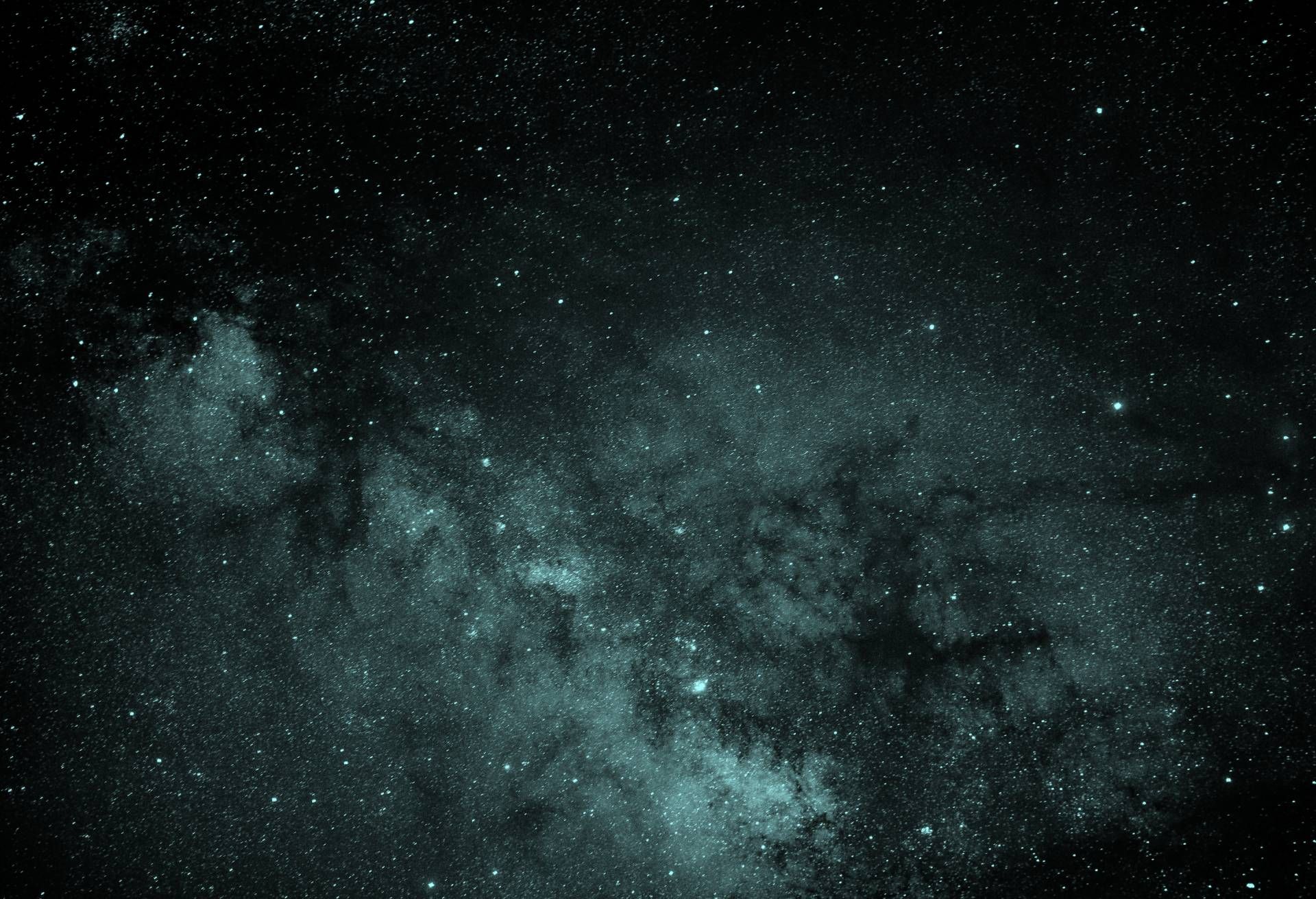In the film Plastic Bag, the title character spends a lifetime (or more) on a quest for a creator not even aware of his existence. A stunning short by Ramin Bahrani, director of Man Push Cart and Goodbye Solo, Plastic Bag is both a postmodern spiritual pilgrimage and an ecological fable. It is strange, wry, and by the end it had my eyes welling up like the Deepwater Horizon.
Plastic Bag makes a fitting companion to Grizzly Man, and not just because the ponderous tones of Werner Herzog give voice to the Bag's 18-minute monologue. Like Timothy Treadwell, the Bag is an artifact of human civilization searching an impassive world for a sublime, and entirely fictional, true connection.
The Bag is 'born' when his human Maker plucks him off a stack of his compatriots in a grocery store. For a short time he loyally accompanies. The Bag is both literally and figuratively fulfilled with food, tennis balls, and a sense of purpose. His final job is a terrible indignity: picking up dog feces, and then tossed in the trash.
The story moves on to weirder pastures from its Toy Story-esque beginning. On the search for his Maker, the Bag roams a world empty of humans but resonant with their presence. He finds love in a red bag, visits the godless eden of the Great Pacific Trash Vortex, and accepts a sort of lonely solace in living nature.
Plastic Bag is pure Next Nature: a man-made artifact is not only given an ecology of its own, but undergoes its own existential crisis. It is a bastard creature, ideally suited for a civilization that created it to dispose it, and just as useless, even poisonous, to the biological organisms it encounters.
The film ends with a plea from the Bag that cunningly reframes the cry of the anti-plastic movement as one of nihilistic despair: “I wish you had created me so that I could die.”



Comments (0)
Share your thoughts and join the technology debate!
No comments yet
Be the first to share your thoughts!